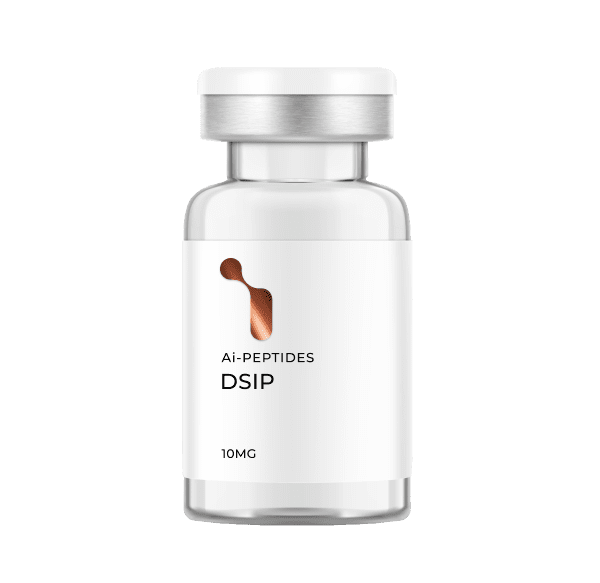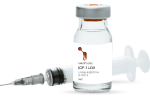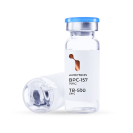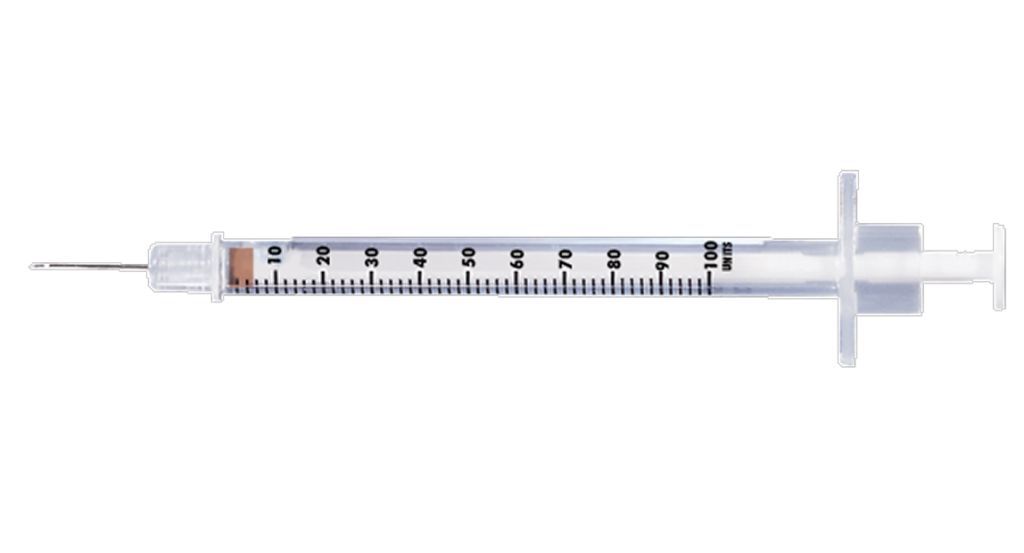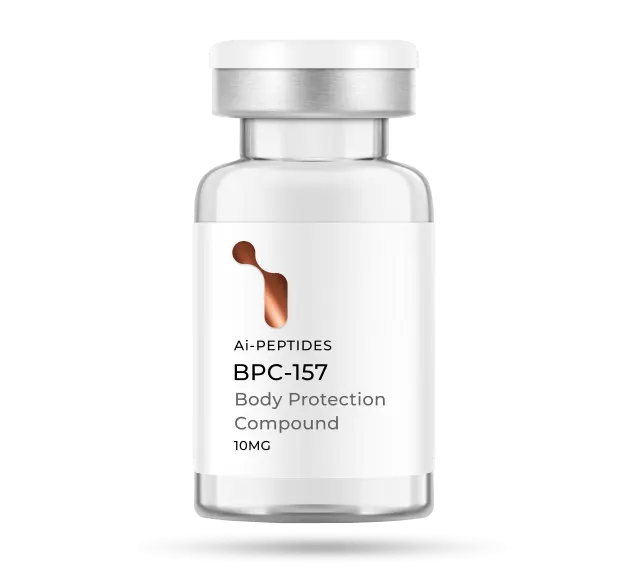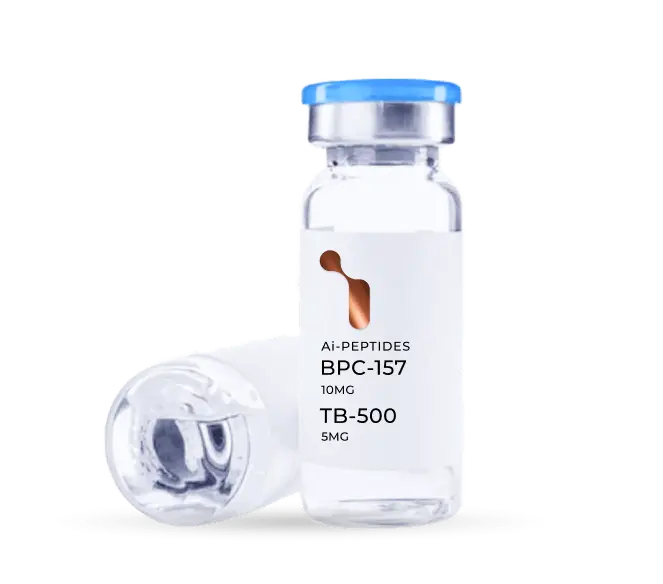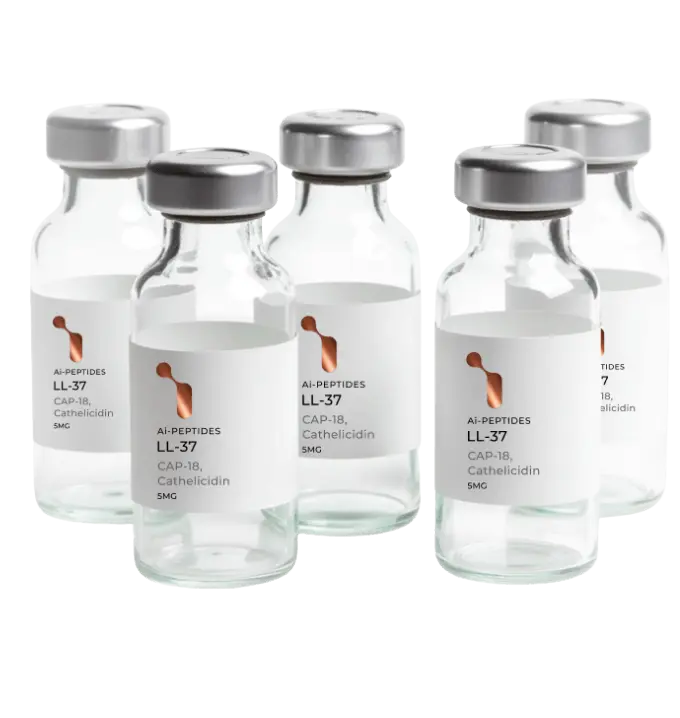DSIP (Delta Sleep-Inducing Peptide) is a small neuropeptide researchers use to explore how the brain regulates sleep and stress. In plain terms, it’s a tool for looking at signals that may shape sleep architecture (stages and depth), relaxation, and recovery in controlled models.
In research settings, DSIP is discussed around EEG sleep patterns, circadian timing cues, and interactions with stress-response pathways. Teams often watch readouts tied to sleep stage distribution, arousal thresholds, and hormone signals (like GH/ACTH dynamics) to map how neural circuits respond. These are research signals, not medical outcomes, and results vary by model and protocol.
What sets our DSIP apart is verified purity and identity. Each batch is sequence-confirmed (e.g., mass spectrometry) and purity-checked by HPLC with ≥99% purity (typical). You receive a lot-specific Certificate of Analysis (COA) showing the actual test data—clear proof you can read and cite.
We prioritize repeatable consistency. Specifications are kept tight from batch to batch and every lot is tracked, so when you reorder you can match the same analytical fingerprint—useful for comparative work, method development, and follow-ups where consistency matters as much as the initial result.
If you value clarity, documentation, and high purity for sleep- and stress-biology research, DSIP from AI Peptides delivers exactly that—well-characterized material with transparent proof, so you can focus on the science with confidence.
